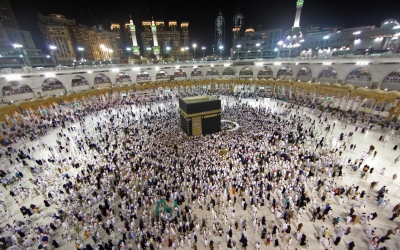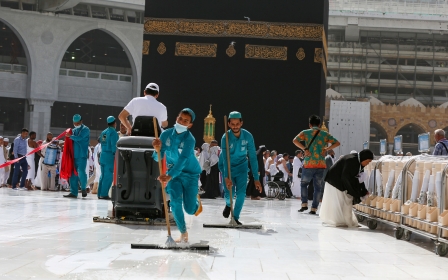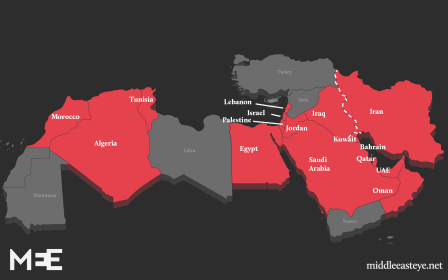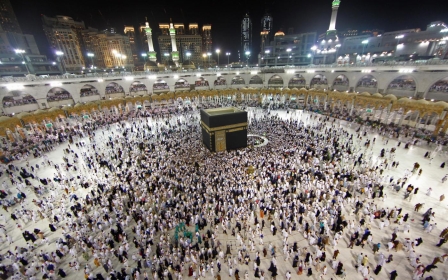Coronavirus: What do we know about Saudi Arabia’s Umrah ban?
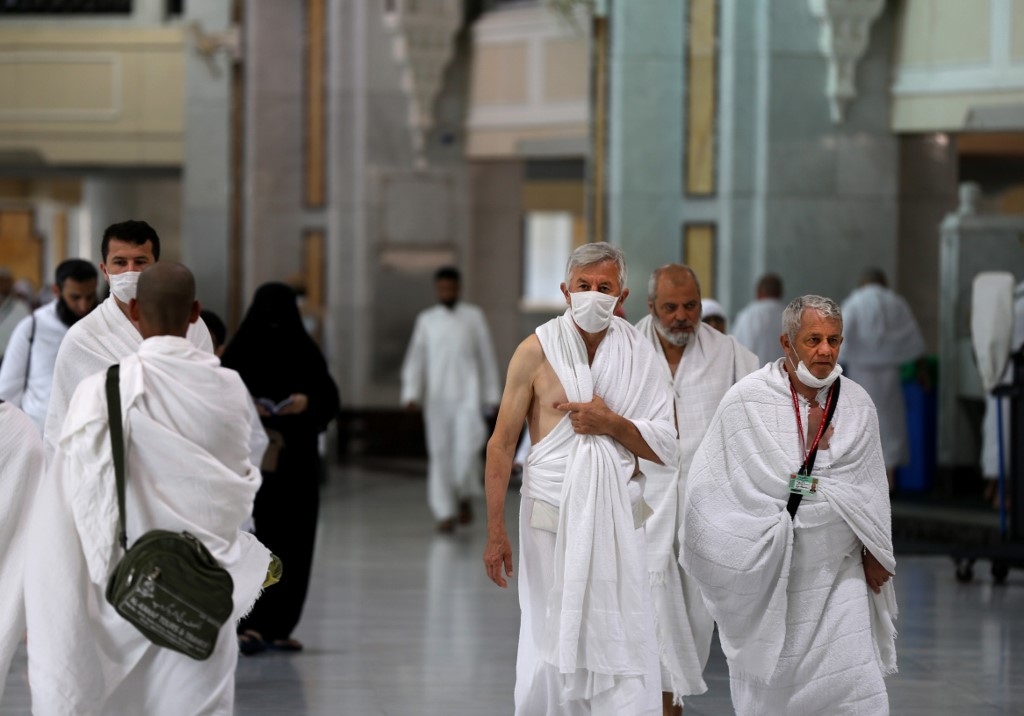
Saudi Arabia has issued a number of decisions and travel advice related to the coronavirus outbreak, potentially affecting millions of travel plans for religious tourism.
It remains unclear if the Hajj pilgrimage, scheduled to begin in late July, would be impacted.
Here is what we know so far:
Suspending entry for Umrah
Entry to the kingdom for Umrah pilgrimage purposes or to visit to the holy site of the Prophet Muhammad’s mosque has been temporarily suspended.
The foreign minisrty's statement did not provide a timeframe for the suspension.
Suspending Umrah for citizens and residents
Saudi citizens and the kingdom's residents have been temporarily banned from visiting the holy cities of Mecca and Medina on pilgrimage.
The state-run SPA news agency said the decision will be reviewed regularly and reversed if the situation changes.
Suspending entry for tourism visa holders
Visitors travelling from countries with “a risky outbreak” of COVID-19 would be temporarily banned from entry.
The foreign ministry statement did not name the countries from which travel to the kingdom would be banned. But Al-Arabiya news website, linked to the Saudi government, listed the following countries:
Afghanistan, Azerbaijan, China, Hong Kong, Indonesia, Iran, Italy, Japan, Kazakhstan, Macua, Malaysia, Pakistan, Philippines, Singapore, Somalia, South Korea, Syria, Taiwan, Thailand, Uzbekistan, Vietnam, Yemen.
No travel with national ID cards
The ministry suspended the use of national ID cards, rather than passports, by nationals of Gulf Cooperation Council countries while travelling from and to Saudi Arabia.
However, there are exceptions to the ban: the decision does not include Saudis who are already abroad, and GCC citizens who are currently in Saudi Arabia and would like to leave using their national ID cards.
The above measures, according to the Saudi ministry statement, are only temporary and will be regularly reviewed in accordance with latest developments.
Confirmed cases in Saudi Arabia
Riyadh reported its first case of the coronavirus on 2 March. Local authorities said the patient infected was a Saudi national returning from Iran, which has reported the most deaths outside of China.
Travel advice: Japan, Italy and Turkey
The ministry advised against travelling to countries that have witnessed a significant outbreak. However, it only named three countries.
In a statement, the ministry named Japan and Italy as countries where cases continue to be reported.
“The National Centre for the Prevention of Diseases urges all citizens and residents to exercise caution and avoid travelling to Italy and Japan, unless necessary, to protect their health and safety. This advice is due to the continuing detection of cases in the two countries,” a statement read.
In a separate piece of travel advice, the Saudi embassy in Turkey issued a warning against going to Turkey.
“Due to the recent increasing spread of coronavirus, and the precautionary measures taken by Turkish authorities on travellers, especially those coming from areas with a large number of cases, the embassy urges Saudi citizens to postpone their travel plans if they are unnecessary," the statement said.
"For those already in Turkey, we urge you to be cautious and alert, to avoid crowded places, and to follow the prevention advice issued by the Saudi health ministry to protect you against the virus.”
It remains unclear why Saudi Arabia named Turkey, which has not reported any cases of the virus yet. It is, however, a popular tourist destination for Saudis, and the two countries' governments are known to have antagonistic relations.
Middle East Eye delivers independent and unrivalled coverage and analysis of the Middle East, North Africa and beyond. To learn more about republishing this content and the associated fees, please fill out this form. More about MEE can be found here.


